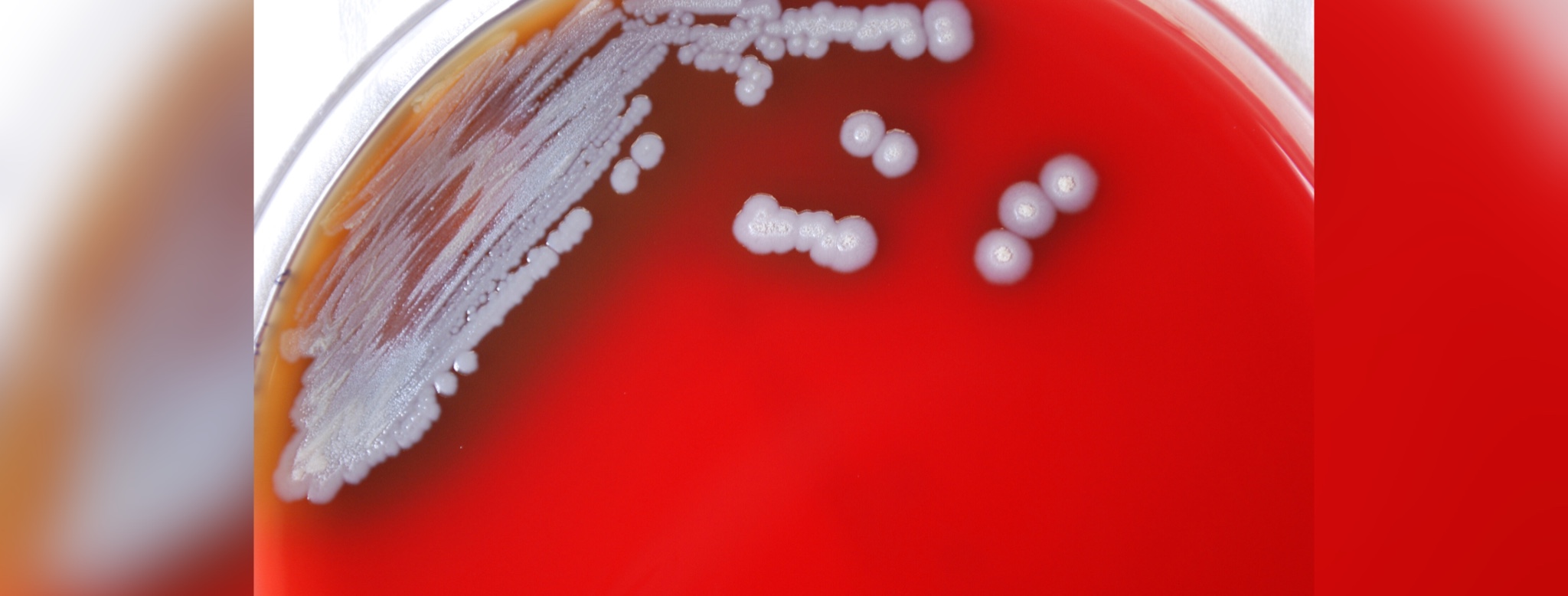
A bacteria that can cause extensive pneumonia-like symptoms, and cause melioidosis, has been found in U.S. soil and water. Public Health officials have given a warning as this is the first time that they have made the discovery.
U.S. Centers for Disease Control and Prevention states that almost 50% of cases of melioidosis are deadly.
Although not many cases of melioidosis occur in the U.S. each year, the infections normally happen after international travel where bacteria is more prevalent. It is usually discovered in tropical regions, like Southeast Asia and northern Australia.
Recently and for the first time, the bacteria, identified as Burkholderia pseudomallei, has been found in soil and water samples taken from the Gulf Coast area of Mississippi. On Wednesday, a health warning was issued to medical providers by the CDC. They are reviewing how widespread the bacteria is within the country.
The CDC expressed that the bacteria was found by relating cases of melioidosis caused by the same strain of B. pseudomallei. One case occurred in 2020 and another in 2022. However, both patients resided near each other in Mississippi and hadn’t recently gone out of the U.S. In both instances, the patients had sepsis and had to be placed in the hospital. They later recovered with the help of antibiotics.
Usually, those who have been exposed to the bacteria don’t end up with melioidosis because it takes a great amount of contact with the bacteria before one gets ill. This could occur through ingestion or a laceration in the skin.
However, individuals with specific underlying health issues like diabetes or lung disease, are at higher risk of being sick. Internationally, close to 10% to 50% of cases of melioidosis results in fatalities.
The worry now is that once B. pseudomallei has gotten into soil, it “cannot feasibly be removed,” stated the CDC. Therefore, public health officials will have to monitor the issue and medical professionals must be ready to treat patients.







holistic women’s supplements
hormonal therapy at a fraction of the cost
hormonal supplements cost
natural supplements for women’s immune system support
best ways to earn money from home with your
computer
passive income for doctors with no money profitable ways
for retired physicians to earn passive income
part-time work for pharmacists in metropolitan areas
Hello There. I discovered your weblog the usage of msn. That is a really neatly written article.
I’ll make sure to bookmark it and return to read extra of your useful information. Thanks for the post.
I will definitely return.
Also visit my site :: Preis von cefamar ohne Rezept in Deutschland